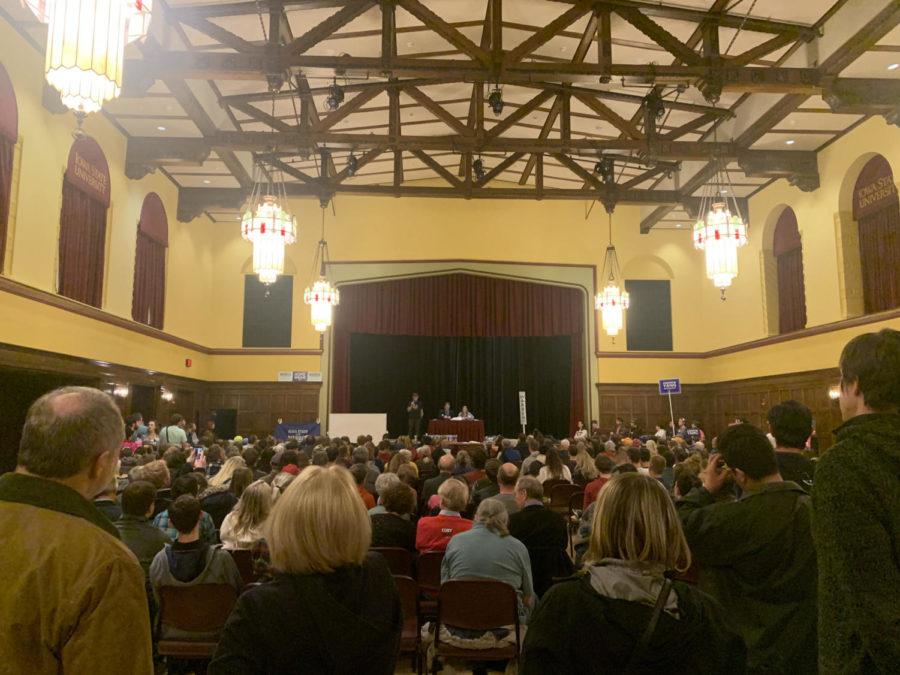Catt Center to host deliberative democracy conference
October 11, 2021
The Carrie Chapman Catt Center will host the first dual conference on Civility and Deliberative Democracy to learn and discuss alternative energy sources and civic skills.
Founder and Managing Partner of Trajectory Energy Partners, Jon Carson, will give a presentation over clean energy and how it relates to Iowa. This presentation will take place at 7 p.m. on Oct. 12 in the Memorial Union.
The Catt Center will also host a workshop to discuss energy resources that will take place from 6-8 p.m. on Oct. 13 in the Sun Room at the Memorial Union.
The Catt Center launched the event after Iowa State University received a donation to go towards educating the Iowa State community on civility. Catt Center chairwoman Karen Kedrowski organized this event with the National Issues Forum to have a formal discussion to inspire greater civility.
The issue of energy resources will be discussed at the workshop, focusing on the pros and cons of each type currently in use and which we should fully commit to. Kedrowski chose this topic as it relates to Iowa as the state uses wind turbines and solar panels as a source of energy.
The hope is that participants of this event will not only learn and explore new ideas but to also learn civic skills, reduce false information some may have and to help restore civil discourse that has been dwindling, Kedrowski said.
“We want to make sure students should not be scared to learn something, make friends, learn new skills and become skilled citizens,” Kedrowski said.
The workshop discussions will be divided into different assigned groups and given resources in order to understand the fundamentals of different energy sources. There will be trained moderators to get people involved in the discussion and to calm any hostility that may occur.
Yu Wang, an associate professor of global energy policy for the department of political science, had her students write papers briefing the major energy sources to offer help for the participants.
The papers explain the basics of energy from fossil fuels (coal, petroleum and natural gas), as well as nuclear, hydro and renewable energies (wind, solar, geothermal, biomass) and how they are used. The briefs also include the pros and cons of using these resources and their political implications.
Wang’s students will also be at the workshop to help out in the discussion and to report the conclusions to the National Issues Forum. With the hopes that it will be relayed back to policymakers who will make decisions based on what the people want.







